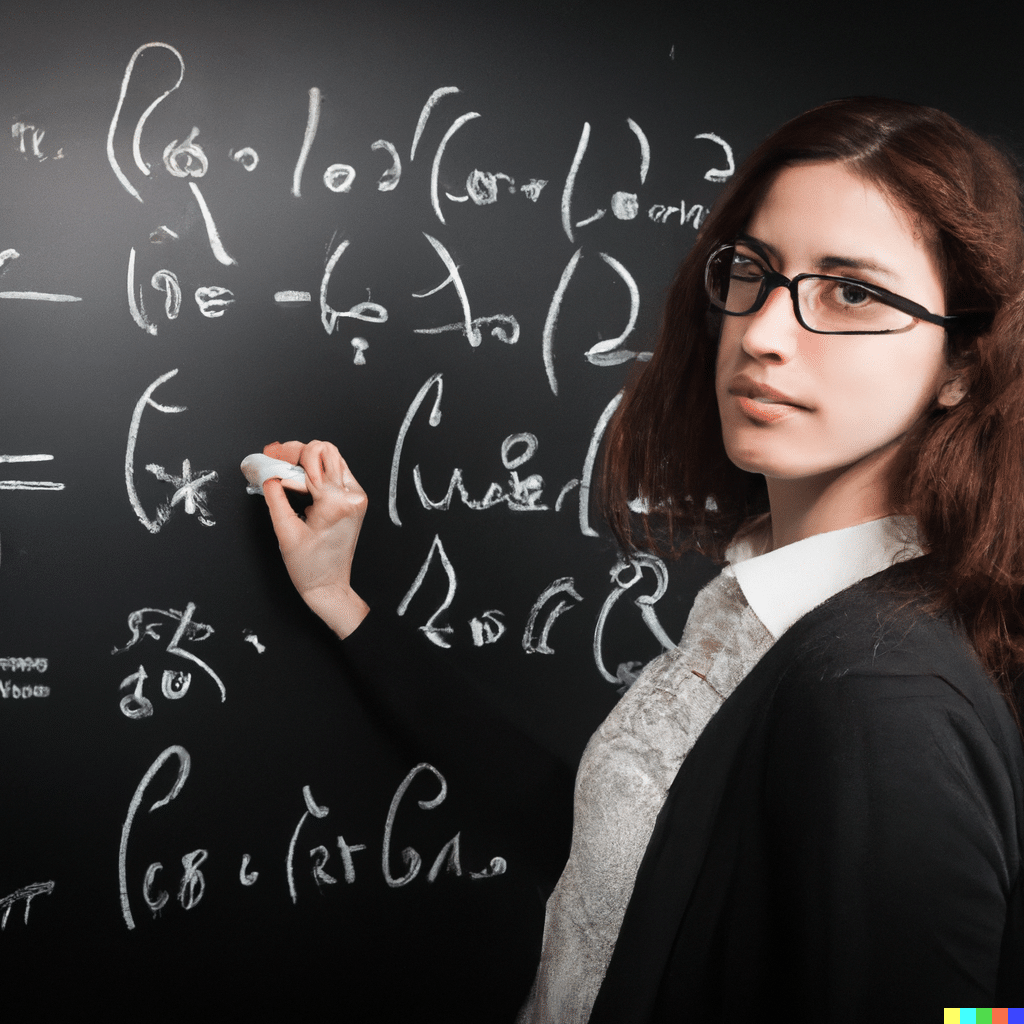
Yes, in most classes there will be one or more students whose IQ is greater than their teacher’s. Of course, depending on the grade level, they will not be as knowledgeable as the teacher, but their ability to learn could be greater than the teacher’s learning ability. How do we know this?
The IQ’s of elementary school teachers span a large range, but the median may be around 108 relative to the average of 100 for the general population. (See: What is the average IQ of students by their chosen degree? I just found an old statistic. – Intelligence and IQ ) For secondary school teachers, the median IQ may be around 110, and for college professors, around 120, depending on the field of study.
Every elementary or secondary classroom has a variety of young people whose IQ’s may span the full spectrum from 80 to above 120. An IQ of 120 corresponds to the 91st percentile, meaning that about 1 in 10 people have IQ above 120. This suggests that a class of 30 students could well have 1 or 2 students with IQ higher than the teacher’s IQ.
At the college level, the IQ’s of the students span a higher range because most of the students of lower IQ have been winnowed out. However, the professors, on average, have a higher IQ than school teachers, so similar statistics apply.
Then why is it that the teachers and the professors are doing the instruction, instead of the students with the highest IQ? Over the years, the teachers and professors have developed an expertise in either the art of teaching or in subject knowledge (or both) The component of their intelligence that psychologists call “crystallized intelligence,” is much greater than that of the student. This is the same as the reason why coaches in football, basketball or any sport are usually chosen from older people who have had decades of experience in that sport. They may not be the most skilled athletes, but they know what the athletes need to learn.
